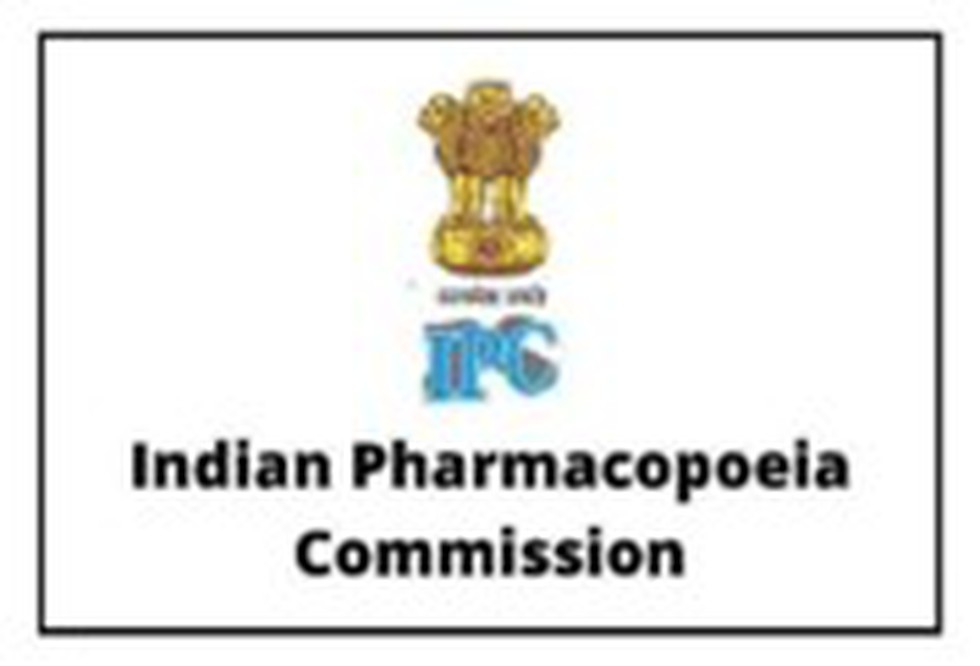Why in news?
- After 1 year of pilot phase, based on IPC’s involvement, contribution and future potential, the decision on inclusion as permanent member of PDG was taken.
About Indian Pharmacopoeia Commission:
- It is an autonomous Institution of the Ministry of Health and Family Welfare, Govt. of India.
- It is created to set standards of drugs in the country.
- Functions:
- Its basic function is to update regularly the standards of drugs commonly required for treatment of diseases prevailing in this region.
- It publishes official documents for improving Quality of Medicines by way of adding new and updating existing monographs in the form of Indian Pharmacopoeia (IP).
- It further promotes rational use of generic medicines by publishing National Formulary of India.
- It prescribes standards for identity, purity and strength of drugs essentially required from health care perspective of human beings and animals.
- It also provides IP Reference Substances (IPRS) which act as a finger print for identification of an article under test and its purity as prescribed in IP.
What is Indian Pharmacopoeia (IP)?
- These standards are authoritative in nature. They are enforced by the Regulatory authorities for quality control of medicines in India.
- During Quality Assurance and at the time of dispute in the court of law the IP standards are legally acceptable.
- It is an official document meant for overall Quality Control and Assurance of Pharmaceutical products marketed in India by way of contributing on their safety, efficacy and affordability.
- It contains a collection of authoritative procedures of analysis and specifications for Drugs.
- The IP, or any part of it, has got legal status under the Second Schedule of the Drugs & Cosmetics Act, 1940 and Rules 1945 there under.
Key facts about the Pharmacopeial Discussion Group
- It was formed in 1989 with representatives from the European Directorate for the Quality of Medicines in the Council of Europe (the European Pharmacopoeia), the Ministry of Health and Welfare—now the Ministry of Health, Labor, and Welfare (MHLW) the Japanese Pharmacopoeia, and the United States Pharmacopeial Convention, Inc., (the U.S. Pharmacopeia).
- In May 2001, PDG welcomed the World Health Organization as an observer.
- It generally meets twice a year and holds monthly status and technical teleconferences to advance harmonization work.
